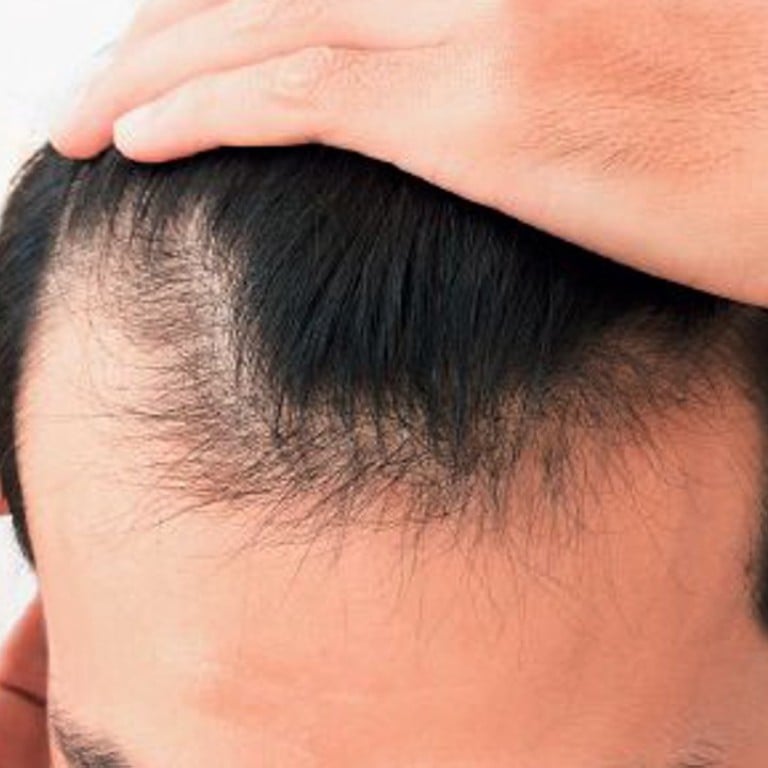
Chinese people losing their hair earlier than ever before, research shows
In poll of 4,000 students, university finds 60 per cent to be suffering from some degree of hair loss
Chinese people are losing their hair earlier than ever before, according to research published in the latest edition of China Newsweek magazine.
In a survey of 4,000 students conducted by Tsinghua University in Beijing in October, almost 60 per cent of respondents were found to be suffering from hair loss to some degree.
About 40 per cent of the people who took part said they had noticed their hairline receding, while 25 per cent said they learned about the problem from friends or family.
The survey found that students from the schools of Marxism and arts were the most likely to have hair loss problems, with mathematics, science and automotive engineering students the least likely, the report said.
While providing only anecdotal evidence, Dr Fu Lanqin, a dermatologist at the Peking Union Medical College Hospital in Beijing, was quoted as saying that there had been a noticeable increase in the number of young people seeking treatments for hair loss in recent years.
Patients “are losing their hair from the age of about 21 or 22, with the [condition] becoming obvious by 24 or 25”, she said.
“[My] feeling is that this generation is losing its hair sooner than previous generations.”
Away from the medical research, consumer data also seems to support the claim.
Online shopping website Taobao said recently that hair loss products were among its top 40 bestselling lines in 2017, with consumers under 30 accounting for more than 40 per cent of sales.
Doctors cited in the China Newsweek article said the increased prevalence of baldness among young people could be due to societal changes.
Neurological factors, such as stress at work or study, insomnia and irregular life patterns were cited in more than 60 per cent of the cases of hair loss, it said.
“People who were born in the 80s or 90s have different concerns,” Zhao Junying, a doctor at Capital Medical University in Beijing, was quoted as saying.
“They are no longer worrying about food or keeping warm. They care more about their appearance. Many young people, especially the unmarried ones, are under great pressure.”

